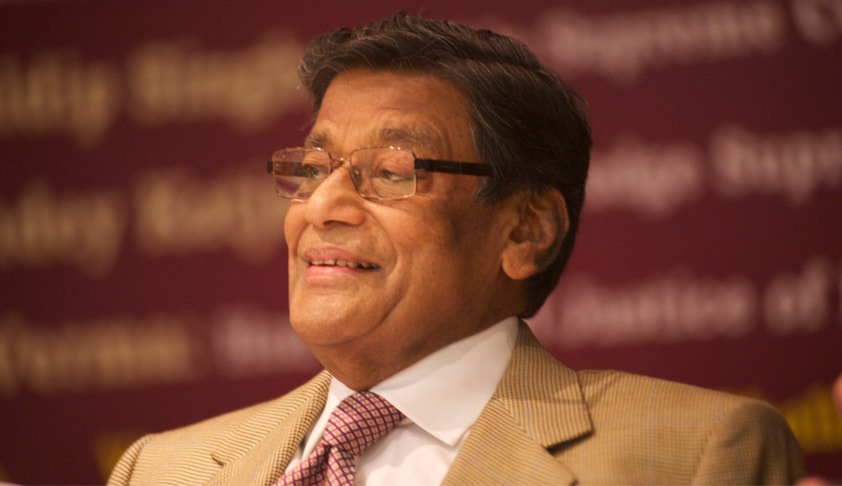Sabarimala : Attorney General Withdraws From Hearing Sanction Petitions For Contempt Action
LIVELAW NEWS NETWORK
4 Nov 2018 12:48 PM IST

Next Story
4 Nov 2018 12:48 PM IST
The Attorney General K K Venugopal has withdrawn himself from considering the petitions filed seeking his sanction for initiating contempt action against those who are allegedly instigating disobedience of the Supreme Court judgment.Before his appointment as AG, he had appeared on behalf of Travancore Devaswom Board in the Sabarimala matter opposing women entry in the temple. He has also...
